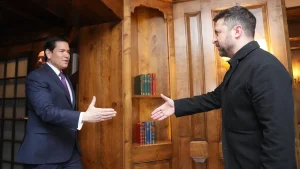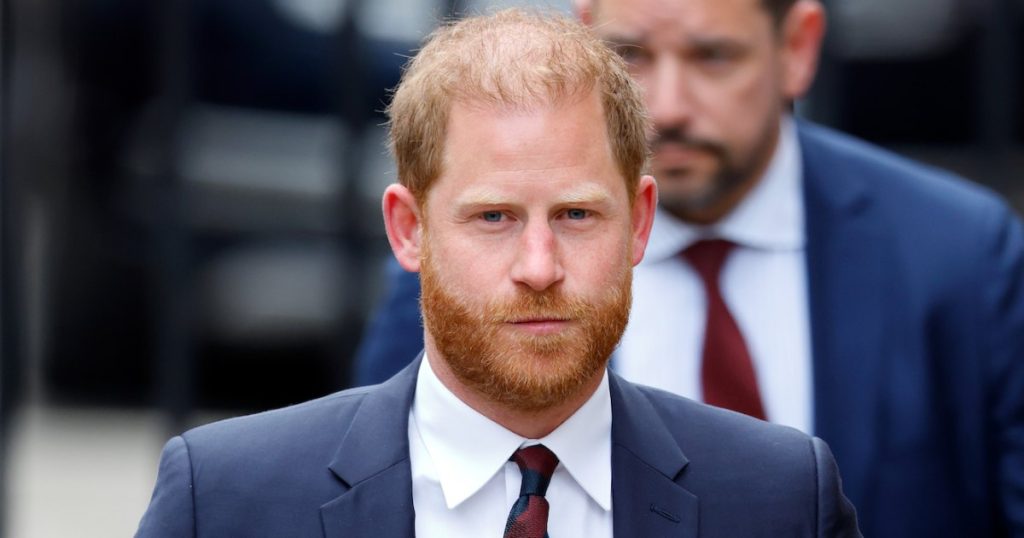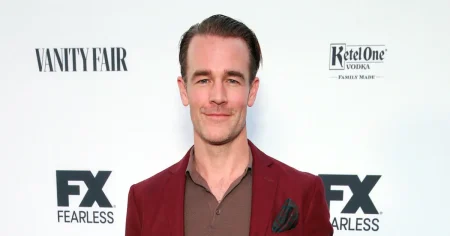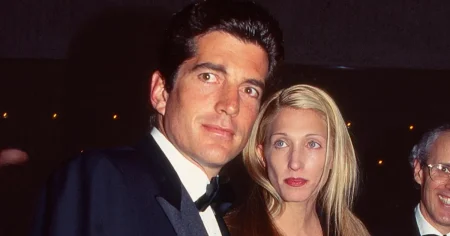Prince Harry’s Ongoing Desire to Bring His Family Back to the UK
Prince Harry, despite facing significant challenges with his security arrangements, still harbors a deep wish to bring his wife Meghan Markle and their two young children, Prince Archie and Princess Lilibet, back to his homeland. According to a close friend who spoke to The Times of London, “He’s not given up hope on bringing his family back to the U.K. He wants to be able to show his children where he grew up. He wants them to know their family here.” This sentiment reveals the emotional connection Harry maintains with Britain, even four years after relocating to Montecito, California. The Duke clearly values his British heritage and wishes to share this important part of his identity with his children, who at ages 6 and 4, have had limited exposure to their father’s homeland and extended royal family. Despite the physical distance that now separates them from Britain, Harry evidently feels it important that Archie and Lilibet understand their royal roots and develop relationships with their British relatives.
The journey that led the Sussexes to their current situation began in 2020, when Harry and Meghan made the momentous decision to step back from their roles as senior working royals and pursue a more private life in America. This transition was far from smooth, with security concerns becoming a major sticking point for the family. Harry has been engaged in a lengthy legal battle to secure enhanced protection for his family during visits to the UK, arguing that their high profile makes them potential targets. Unfortunately for Harry, this fight suffered a significant setback in May when he lost his court case seeking additional security measures. The outcome has had profound implications for the family’s ability to visit Britain together, with Harry candidly expressing to the BBC: “I can’t see a world in which I would bring my wife and children back to the U.K. at this point.” This statement reflects both his frustration with the situation and his paramount concern for his family’s safety, which he appears unwilling to compromise regardless of his personal desire to reconnect with his homeland.
The Duke of Sussex’s relationship with Britain is clearly complex and emotionally charged. His statement that “I love my country, I always have done, despite what some people in that country have done” reveals both his enduring affection for his homeland and the hurt he feels over his treatment there. Harry has expressed particular sadness that his children may be unable to build meaningful connections with their British heritage, describing this reality as “really quite sad.” Despite the ongoing tensions, Harry has repeatedly expressed his desire for reconciliation with his family members, stating plainly: “There’s no point in continuing to fight anymore.” This sentiment suggests a weariness with conflict and a genuine wish to heal the divisions that have characterized the royal family’s dynamics in recent years. The estrangement from his brother Prince William and the strained relationship with his father King Charles III clearly weigh heavily on Harry, who seems to recognize that despite the disagreements, family bonds remain important to him.
The relationship between Harry and his father has taken on increased poignancy and urgency following King Charles’s cancer diagnosis earlier this year. Harry’s immediate response to this news—flying to Britain to see his father—demonstrated that despite their differences, he still deeply values their relationship. His comment to the BBC that “Life is precious. I don’t know how much longer my father has” reveals a son grappling with mortality and the possibility of unresolved relationships. The frustration in his further statement that “[Charles] won’t speak to me because of this security stuff, but it would be nice to reconcile” shows how the practical complications of their situation continue to impede emotional healing. Harry’s upcoming visit to the UK for the WellChild Awards represents another opportunity for potential connection, though it remains uncertain whether father and son will meet during this trip. The situation highlights how even in royal families, the universal human dynamics of parent-child relationships, communication difficulties, and the desire for reconciliation play out—albeit on a very public stage.
From the royal perspective, the situation appears equally nuanced. According to a source who spoke exclusively to Us Weekly, “Charles does want to meet Harry. He doesn’t want this falling-out to overshadow his legacy.” This suggests that the King, now facing health challenges, is mindful of both his personal relationships and his historical legacy as monarch. However, the same source acknowledged the complexity of the situation, noting that “Harry has caused chaos and hurt, so it’s complicated.” This statement reflects the reality that reconciliation is rarely straightforward, particularly when public duties, personal grievances, and family dynamics intersect. For Charles, balancing his role as monarch with his identity as a father presents unique challenges that few can fully understand. The cancer diagnosis may have shifted perspectives somewhat, perhaps creating a greater openness to healing long-standing wounds before it’s too late.
The Sussex family’s situation ultimately reflects universal themes of family estrangement, the challenges of reconciliation, and the complexities of maintaining connections across distance and disagreement. Harry’s continued desire to bring his family to the UK despite the obstacles suggests a man torn between two worlds—his new life in California and the British heritage that formed him. For Archie and Lilibet, growing up in this context means navigating a unique identity that spans continents and includes both royal tradition and American independence. Whether the security issues can ever be resolved satisfactorily, or whether relationships between Harry and key royal family members can be repaired, remains to be seen. What seems clear is that despite the public drama and legal battles, at its core this remains a story about family—about a son wanting to reconcile with his father, a brother estranged from his sibling, and a father wanting his children to know their heritage. In these fundamental human desires, Prince Harry’s struggles resonate far beyond the royal context, touching on experiences and emotions many families understand all too well.















